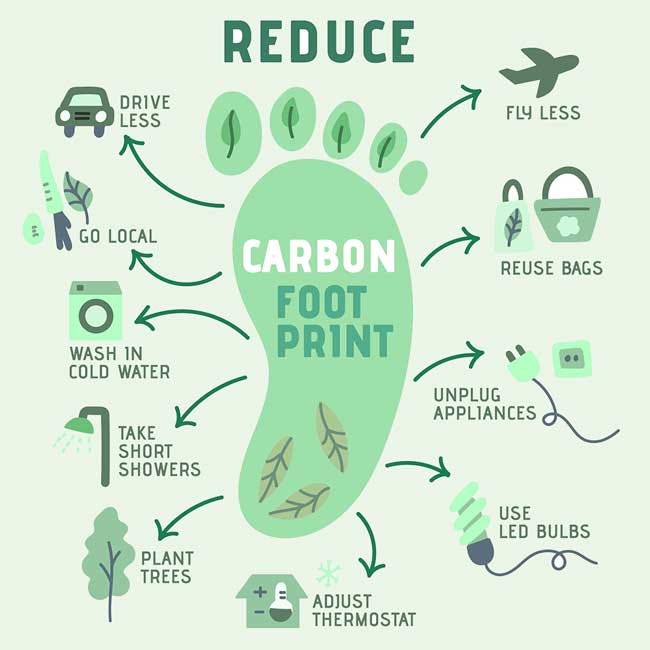Fighting Global Warming: How Individuals Can Make a Difference
REDUCE YOUR CARBON FOOTPRINT
Introduction:
Global warming poses one of the most pressing challenges of our time, but it's not an insurmountable problem. Each of us has the power to make a difference through our everyday actions and choices. In this blog post, we'll explore practical ways in which individuals can contribute to the fight against global warming and help create a more sustainable future for generations to come.
1. Reduce Energy Consumption: One of the most effective ways to combat global warming is by reducing energy consumption. Simple actions such as turning off lights when not in use, unplugging electronics, using energy-efficient appliances, and insulating homes can significantly lower energy usage and carbon emissions.
2. Embrace Renewable Energy: Transitioning to renewable energy sources such as solar, wind, and hydroelectric power is crucial for reducing reliance on fossil fuels and mitigating global warming. Consider installing solar panels on your roof, supporting community renewable energy projects, or opting for green energy providers to support the transition to clean energy.
3. Practice Sustainable Transportation: Transportation is a major contributor to greenhouse gas emissions. You can reduce your carbon footprint by walking, biking, carpooling, or using public transportation whenever possible. If you need to drive, choose fuel-efficient vehicles or consider switching to electric or hybrid cars.
4. Minimize Waste and Recycle: Waste generation contributes to greenhouse gas emissions and environmental degradation. Reduce waste by avoiding single-use plastics, composting organic materials, and recycling paper, glass, metal, and plastics. Choose products with minimal packaging and opt for reusable alternatives whenever possible.
5. Eat Sustainably:
The food we eat has a significant impact on the environment. Choose locally sourced, seasonal, and organic foods whenever possible to reduce the carbon footprint associated with transportation, packaging, and chemical inputs. Incorporate more plant-based meals into your diet and reduce consumption of meat and dairy products, which have high carbon emissions.
6. Plant Trees and Support Reforestation: Planting trees and supporting reforestation efforts are powerful ways to sequester carbon dioxide from the atmosphere and mitigate global warming. Get involved in tree planting initiatives in your community, support organizations dedicated to reforestation and conservation, and advocate for policies that protect forests and natural ecosystems.
7. Support Climate-Friendly Policies and Initiatives: Get involved in advocacy efforts to support climate-friendly policies and initiatives at the local, national, and global levels. Write to elected officials, participate in climate marches and protests, and support organizations working to address climate change through policy advocacy, research, and education.
8. Educate Yourself and Others: Stay informed about the science of climate change and its impacts on the planet and communities worldwide. Share credible information with friends, family, and colleagues and engage in conversations about climate change to raise awareness and inspire action.
9. Lead by Example: Be a role model for others by living a sustainable lifestyle and demonstrating your commitment to fighting global warming through your actions and choices. Encourage others to join you in making positive changes for the planet and celebrate collective efforts to create a more sustainable and resilient future.
Conclusion: Addressing global warming requires collective action at all levels of society, but individuals have a crucial role to play in driving positive change. By making simple yet meaningful changes to our everyday habits and behaviors, we can reduce our carbon footprint, protect the planet, and contribute to a more sustainable and equitable future for all.




Comments
Post a Comment